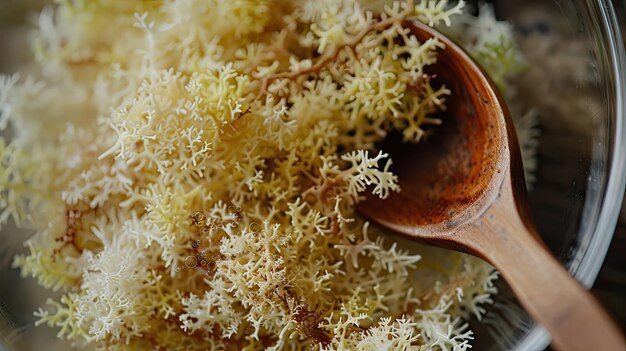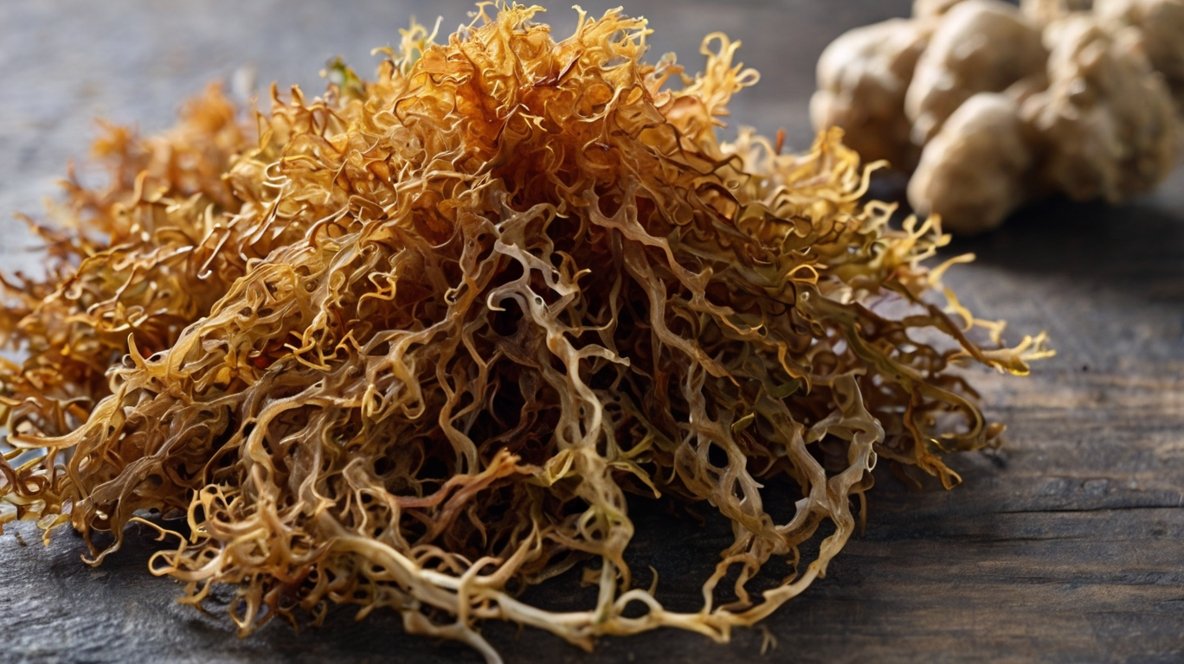Overview
There’s a quiet hormone working behind the scenes of nearly every major biological function. It doesn't command the attention that estrogen or testosterone does. It rarely makes the headlines. But it is there subtly, steadily shaping how we age, how we think, and how we feel. That hormone is DHEA, and its decline may be one of the most under-acknowledged drivers of the aging experience. Nicknamed the “mother of all hormones,” DHEA serves as the precursor to over 50 other hormones in the body, including both estrogen and testosterone. Produced primarily by the adrenal glands, it has a systemic influence, playing a role in immunity, energy metabolism, brain function, mood, and even skin integrity. In essence, its influence is profound. And like so many vital components in the
body, it begins to taper off far earlier than most of us expect.
The Hidden Decline
DHEA production peaks in your mid-20s. By the time most people reach 50, their levels may be just a third of what they once were. The consequences of this decline are often misattributed persistent fatigue, foggy thinking, reduced libido, slower recovery from exercise, and an increase in abdominal fat. These symptoms tend to arrive quietly, gradually, until one day, the person in the mirror feels like a stranger. For women navigating perimenopause or menopause, the drop in DHEA adds another layer of complexity to an already challenging hormonal shift. As estrogen and progesterone levels fall, sleep can become elusive and cortisol often runs higher. And while most hormone therapy conversations revolve around estrogen, DHEA absolutely deserves a seat at the table. This is where a thoughtful approach to hormonal wellness becomes critical, and why a properly administered DHEA supplement can be a cornerstone of that strategy. It acts not as a solo instrument, but as a foundational element harmonizing a larger hormonal symphony.
What Does DHEA Actually Do?
DHEA doesn’t act in isolation. Instead, its primary role is to support the production of other essential
hormones that directly influence:
● Bone density
● Cognitive function
● Skin elasticity and hydration : need for skin repair and radiance
● Immune response
● Sexual function and desire
● Stress resilience
Clinical studies have illuminated these benefits, linking DHEA supplementation to improved skin thickness and hydration, increased libido in women, and reduced symptoms of depression in perimenopausal populations. In some cases, it has even been connected to better metabolic control and insulin sensitivity. Importantly, DHEA has androgenic effects, meaning it supports testosterone levels. These are often overlooked in women but are essential for mood, energy, and sexual vitality. Many women with low DHEA also exhibit low testosterone without realizing it. This is precisely why providers treating
menopause holistically are increasingly looking to DHEA not as an add-on, but as a fundamental baseline.
Why It’s Often Ignored
There is a kind of inertia in healthcare when it comes to women’s hormones. For decades, menopause was treated with either generalized hormone replacement or vague lifestyle advice. DHEA rarely made the protocol lists not because it lacked value, but because few were testing for it or even acknowledging its gradual decline. Compounding this is the outdated notion that androgens are irrelevant in female physiology. The idea that testosterone or its precursors matter only to men has persisted for far too long. In reality, these hormones play critical roles in everything from bone metabolism to sexual arousal and overall vitality in women. That gap in understanding has left countless women undertreated or misdiagnosed. Fatigue gets labeled as depression. Muscle loss is chalked up to aging. Low libido becomes a relational problem, not a biochemical one.
How to Supplement Safely
As with any hormone, DHEA should not be taken casually. It is not a biohacker’s shortcut or a universal solution. Its effects vary depending on dosage, age, baseline hormone levels, and overall health. Taking too much can lead to acne, mood changes, or unwanted hair growth; too little may be ineffective. This is precisely where physician-guided care becomes non-negotiable. A platform like Winona, for example, integrates DHEA into a comprehensive hormonal strategy, prescribed only after a thorough evaluation of a patient’s history, symptoms, and lab work. The goal isn’t to chase an arbitrary number it’s to restore optimal function. DHEA is often included in compounded hormone therapy and can be delivered via tablets, capsules, or topical creams. The route of administration affects how the body metabolizes it, so personalization is key.
The Bigger Picture: Aging as Integration
The conversation about aging is changing. No longer is it framed solely as a story of loss. Increasingly, it is being reframed as an integration of health, identity, and experience. Hormonal decline is not a personal failing or something to endure in silence. It is a natural shift, but natural does not mean untreatable. When women understand their hormones when they are given the language for their fatigue, their forgetfulness, their disinterest in sex they are given more than relief. They are given context. From that place of understanding, treatment becomes not just about symptom reduction, but about restoration. DHEA is not a cure-all, but for many, it is a missing piece of the puzzle. When returned to its rightful place in the hormonal landscape, it can help re-stabilize systems that felt like they were slipping away.
Who Should Consider It?
Women experiencing the following may benefit from a medical evaluation that includes DHEA:
● Midlife fatigue that isn't improved by sleep
● A noticeable decline in sexual desire or response
● Sudden mood shifts or irritability
● Muscle loss despite consistent physical activity
● Skin changes that don’t respond to typical products
For those already on hormone therapy, adding DHEA can support and optimize results from other treatments. But again, this is not about over-the-counter guesswork. It is about working with providers who understand the full hormonal terrain and who treat DHEA not as fringe, but as fundamental.







